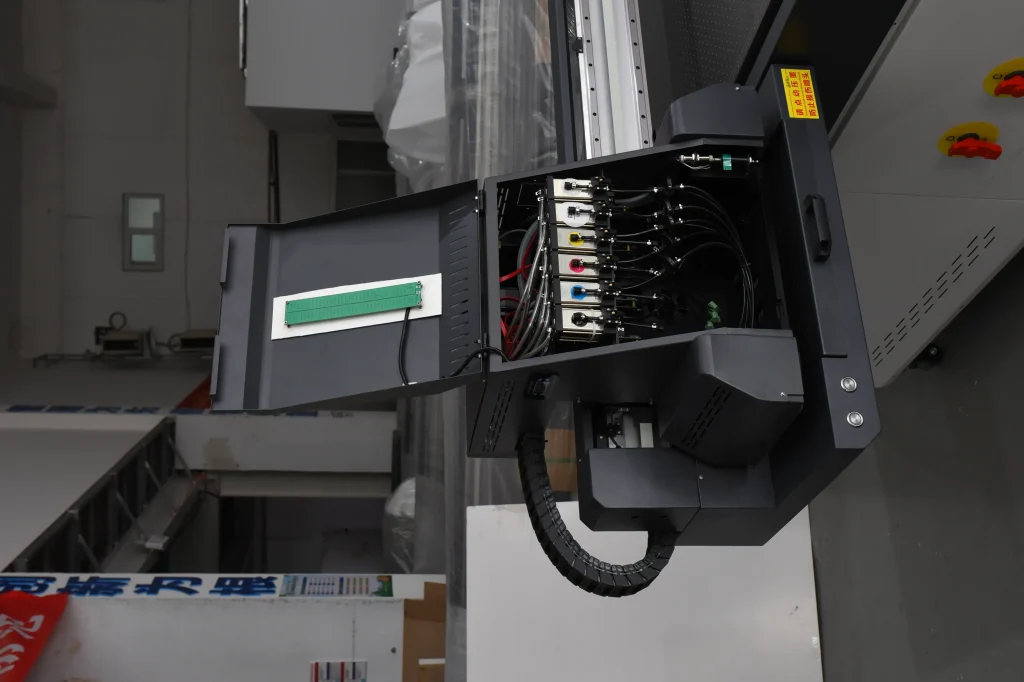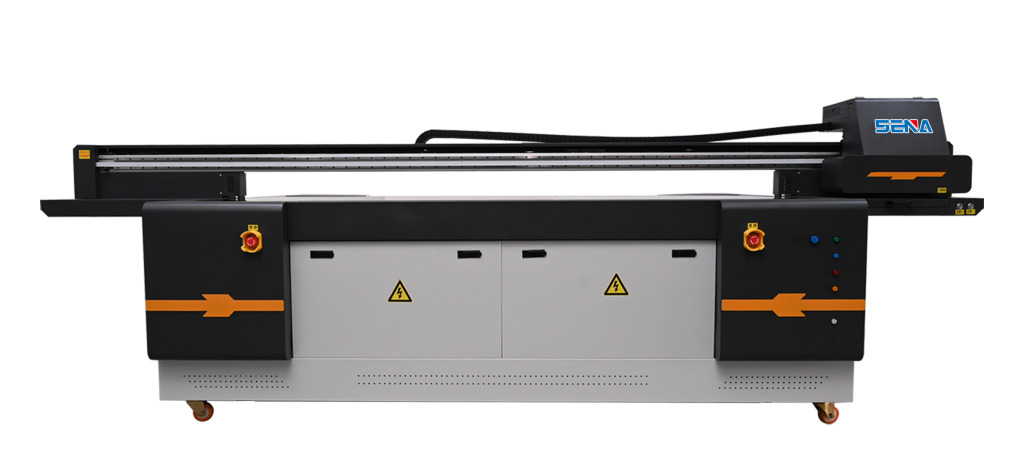Avoid your inquiry is delay response, please enter your WhatsApp/WeChat/Skype along with the message, so we can contact you at the very first time
We will reply you within 24 hours. If for urgent case, please add WhatsApp: +8617888313102, or WeChat: +86 17864107808. Or call +86 17864107808 directly.
*We respect your confidentiality and all information are protected. We will only use your information to respond to your inquiry and will never send unsolicited emails or promotional messages.
Clients demand vivid color on glass today, wood tomorrow, and PVC the next, yet outdated gear smears and stalls. Missed deadlines and reprints drain profit and reputation. Upgrading to advanced uv printer printing equipment delivers perfect results on any surface, every time.
What is the smartest way to choose UV printer equipment that prints directly onto rigid and flexible materials with industrial inkjet speed and accuracy? Below you’ll find the features, costs, and service factors that matter most—so you can invest with confidence.

A uv printer uses ultraviolet light to cure uv ink the instant it leaves the nozzle. The ink is cured rather than air‑dried, so prints emerge ready for finishing. Inside every machine:
| Component | Function | Benefit |
|---|---|---|
| Industrial inkjet print head | Jets picoliter droplets of CMYK, white, and varnish | Razor‑sharp 1200 dpi text |
| UV LED array | Emits cool ultraviolet light | Works on heat‑sensitive foam and plastic |
| Vacuum table / conveyor | Holds the substrate flat | Ensures band‑free edges |

Because the process prints directly onto flat or 3‑D surfaces, you skip lamination, letting you deliver high‑quality prints in half the time of solvent systems. That’s why uv printing now dominates digital printing for signage, décor, and promotional products.
A flatbed uv printer keeps the board stationary while the carriage moves, ideal for glass, metal, and wood up to 100 mm thick. A roll printer feeds flexible media—vinyl or canvas—under a stationary head. Hybrid units marry both.
| Feature | Flatbed UV | Roll Printer |
|---|---|---|
| Media | Rigid panels, cylindrical mugs (with jig) | Banners, fabric |
| Max width | 2.5 m large format | 1.6 m typical |
| Setup time | Quick changeover | Continuous rolls |
| Ideal job | Real‑estate signage, canvas printing frames | Long‑run wallpaper |
If 60 % of revenue comes from rigid signs, a flatbed uv is essential. For decal or textile shops, a roll to roll printer might be the first step—with a format uv flatbed printer added later for diversification.
Modern uv ink sets include flexible, rigid, and special UV blends:
Tip: Keep viscosity within vendor spec (8–12 cP) for optimum inkjet droplet shape. Operators can swap inks in under 20 minutes thanks to quick‑flush systems—perfect for mixed‑material days.
Yes. Compact desktop uv units (A4 or a3 uv printer) accept rotary attachments for phone case printing, drinkware, or small diameter vessels:

These all‑in‑one systems let gift shops launch personalized lines without a factory‑sized footprint
Look for:
Leading heads—Ricoh Gen5, Konica 1024i—fire up to 45 kHz, enabling 60 m²/h throughput at production mode while maintaining 720 × 1200 dpi for best quality art prints.
A hybrid printer accepts roll media on a feed table and rigid sheets on a belt. Choose hybrid if:

Pure large format uv flatbed models excel at 3 × 2 m boards—common for exhibition panels—while hybrids top out around 2 m.
A trustworthy printing equipment supplier offers:
Service plans cut downtime by 30 % and extend uv printer lifespan beyond seven years.
Can UV printers handle double‑sided prints?
Yes. Print front, flip, and use alignment pins for back pass—critical for signage visible both ways.
Is UV printing safe for food‑contact items?
Only if certified food‑grade uv ink is used and the ultraviolet light fully cures the surface.
How often should I replace a UV LED lamp?
After 10,000 hours or if output drops below 70 %—your RIP logs lamp life.
Will varnish yellow over time?
Quality urethane‑acrylate varnish resists yellowing for three years outdoors; test samples for UV stability.
Do I need ventilation?
Yes. Though UV emits low VOCs, exhaust fans keep ozone under OSHA limits.
Can I print Braille with UV printers?
Absolutely—stack multiple varnish layers to reach ADA‑compliant dot height.